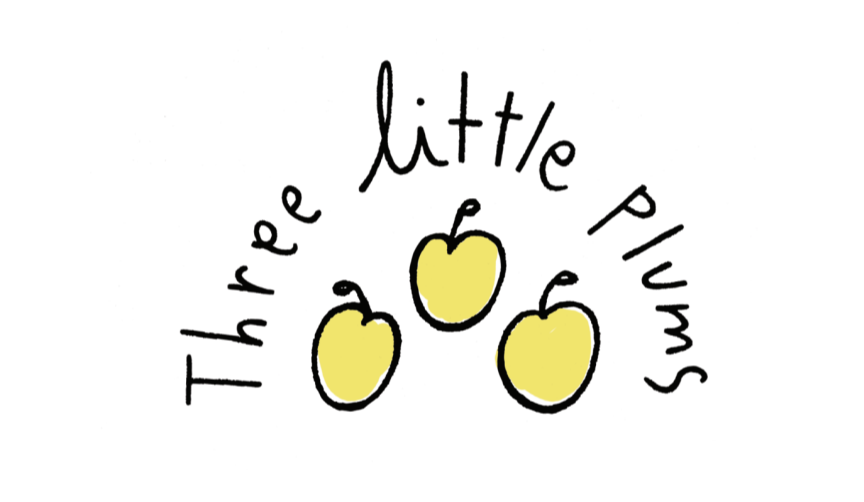EWG's 2015's Shoppers Guide to Pesticides in Produce: Which Fruits and Veggies Should You Definitely Buy Organic and Why?
It is that time of the year again when the Environmental Working Group publishes its annual Shopper’s Guide to Pesticides in Produce™
Two lists are released to help you know what fresh produce you should be buying organic ( those with the highest levels of pesticides or the ' Dirty Dozen') and which produce you can save some money on and buy conventional ( the 'Clean Fifteen' list).

Why buy organic? Why are pesticides bad for my family?
I constantly hear "my grandmother never ate organic and she lived to be 96 years old". That is wonderful - however your grandmother never lived at a time when so many untested pesticides were being used on crops.
This year EWG found that nearly two-thirds of the fresh produce tested by the U.S. Department of Agriculture and analyzed by EWG contained pesticide residues.
One recent analysis by the Center for International Environmental Law, found 82 instances of pesticides allowed in the United States but barred or restricted in Europe.
The reality is that when our grandparents were growing up few, if any, pesticides used today were used on food. Additionally, in the United States, chemicals like pesticides are allowed to be widely used without ever having been tested for safety (as opposed to the European Union where a chemical company must first proove that a chemical is safe for human use BEFORE that chemical is allowed to be sold and used).
What are some of the dangers of exposure to pesticides ( especially during pregnancy and early childhood?)
Let's start by saying that pesticides are designed to kill living things (pests) - by definition something that kills living things can't be great for you or your kids.
Pesticides have been linked to cancer, acute and chronic nervous system and injury and dysfunction of the endocrine, reproductive and immune systems
The American Academy of Pediatrics issued an important report that said that children have "unique susceptibilities to [pesticide residues'] potential toxicity." They cited research linking pesticide exposures in early life and "pediatric cancers, decreased cognitive function, and behavioral problems." It advised its members to urge parents to consult "reliable resources that provide information on the relative pesticide content of various fruits and vegetables."
Also bad news? Pesticides persisted on fruits and vegetables tested by USDA, even when they were washed and, in some cases, peeled.
Apples
Peaches
Nectarines
Strawberries
Grapes
Celery
Spinach
Sweet Bell Peppers
Cucumbers
Cherry Tomatos
Snap Peas (imported)
Potatoes
CLEAN 15AvocadoSweet CornPinapplesCabbageSweet Peas, frozenOnionsAsparagusMangosPapayaKiwiEggplantGrapefruitCantaloupeCauliflowerSweet Potatoes

MORE FINDINGS
The average potato had more pesticides by weight than any other produce.A single grape sample and a sweet bell pepper sample contained 15 pesticides.Single samples of cherry tomatoes, nectarines, peaches, imported snap peas and strawberries showed 13 different pesticides apiece.Although not on the list, Leafy greens - kale and collard greens - and hot peppers were frequently found to be contaminated with insecticides toxic to the human nervous system. Buy organic!
Want to know what is in all of your food?
